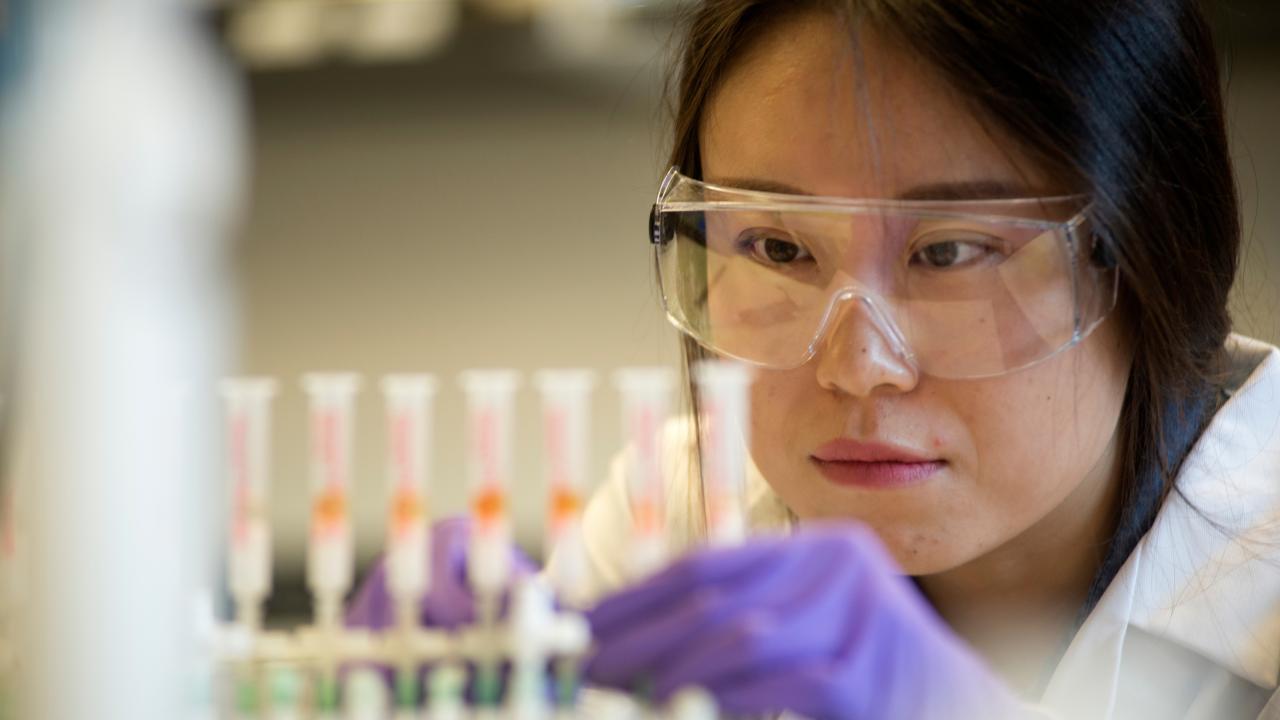
Support for Researchers Working Alone
Support for Researchers Working Alone
On March 17, 2020, the Vice Chancellor for Research, Prasant Mohapatra, issued guidance for campus “strongly recommend[ing] that on-campus research activities be adjusted and reduced where possible to minimize the spread and possible impact of the coronavirus.”
Researchers were expected “to ramp down any non-critical on-site research activities” and provided planning guidance, as well as a ramp down checklist; these expectations are still in effect. The Office of Research also has recommendations for avoiding/reducing coronavirus transmission in labs. But what about those researchers who have ongoing critical research as defined in the March 17th guidance?
Labs who participate in the Lab Safety Review Program should already have a “Working Alone” standard operating procedure (SOP) in place which indicates safety measures for researchers who are working “beyond visible or audible range of another individual for more than a few minutes at a time.” Within this SOP, researchers are prompted to enter lab-specific information. If your research meets the criteria for ongoing critical research, it may be prudent to revisit this SOP to ensure that the lab-specific information reflects the current situation of suspended operations.
Due to the unusual nature of the current situation, additional lab-specific measures should be implemented to ensure the safety of those researchers in the lab. Unfortunately, there is no one-size-fits all solution to ensuring the ongoing safety of researchers working alone. Several laboratories on campus have devised ways of keeping researchers safe, even while working alone.
The Moule group in the Department of Chemical Engineering has limited research to only those procedures that lab members have documented training on: additionally, researchers are expected to define what they will be doing in advance so that Dr. Moule can approve, thus reducing any unnecessary lab visits. Lab members check-in and check-out of the building with the College of Engineering Safety Officer; once in the lab, they are expected to check-in with a friend or colleague at shorter time intervals.
It is imperative that the selected friend or colleague be available for the duration of the lab period, and that they have been given emergency contact numbers, as well as the PIs number.
The Oberholster lab in the Department of Viticulture and Enology has created a WhatsApp group for lab members: lab members check-in when they arrive to the lab and then again when they leave the lab. Dr. Oberholster encourages her students to only work during daylight hours during the week while she, as well potentially others, are in the building.
In the unlikely event that lab members must work while Dr. Oberholster cannot be physically in the building (and no other lab members are working in adjacent labs) like weekends or after hours, lab members are expected to check-in through the WhatsApp group every two hours. You can read more of Dr. Oberholster’s approach here.